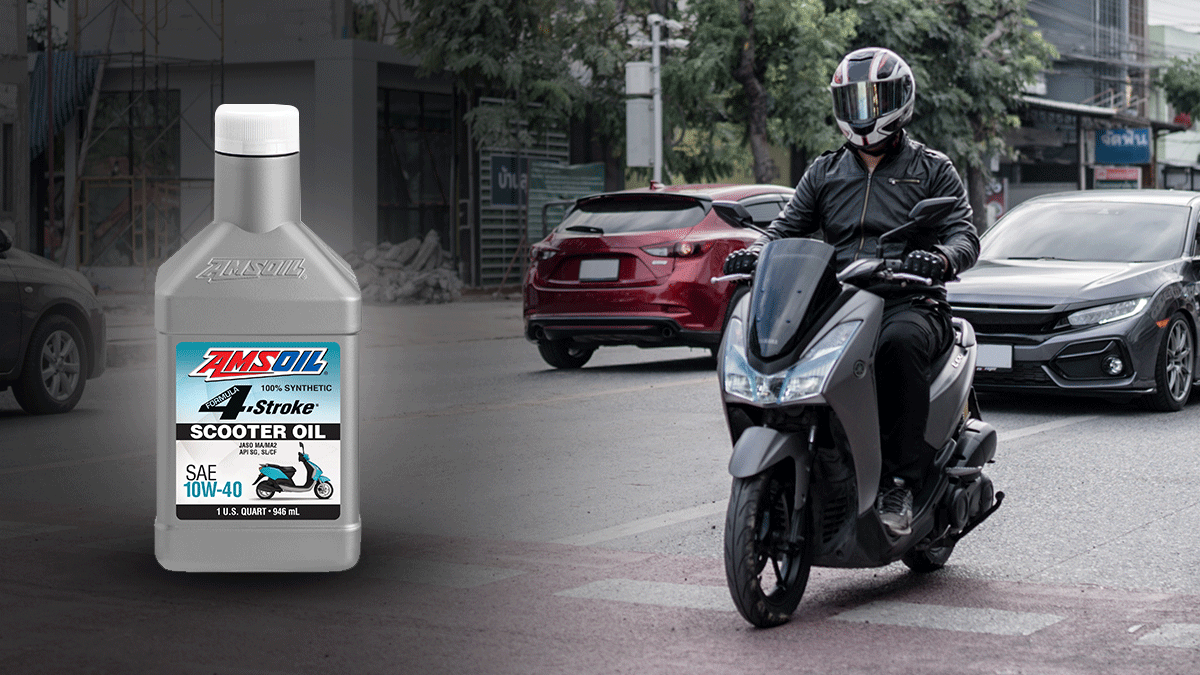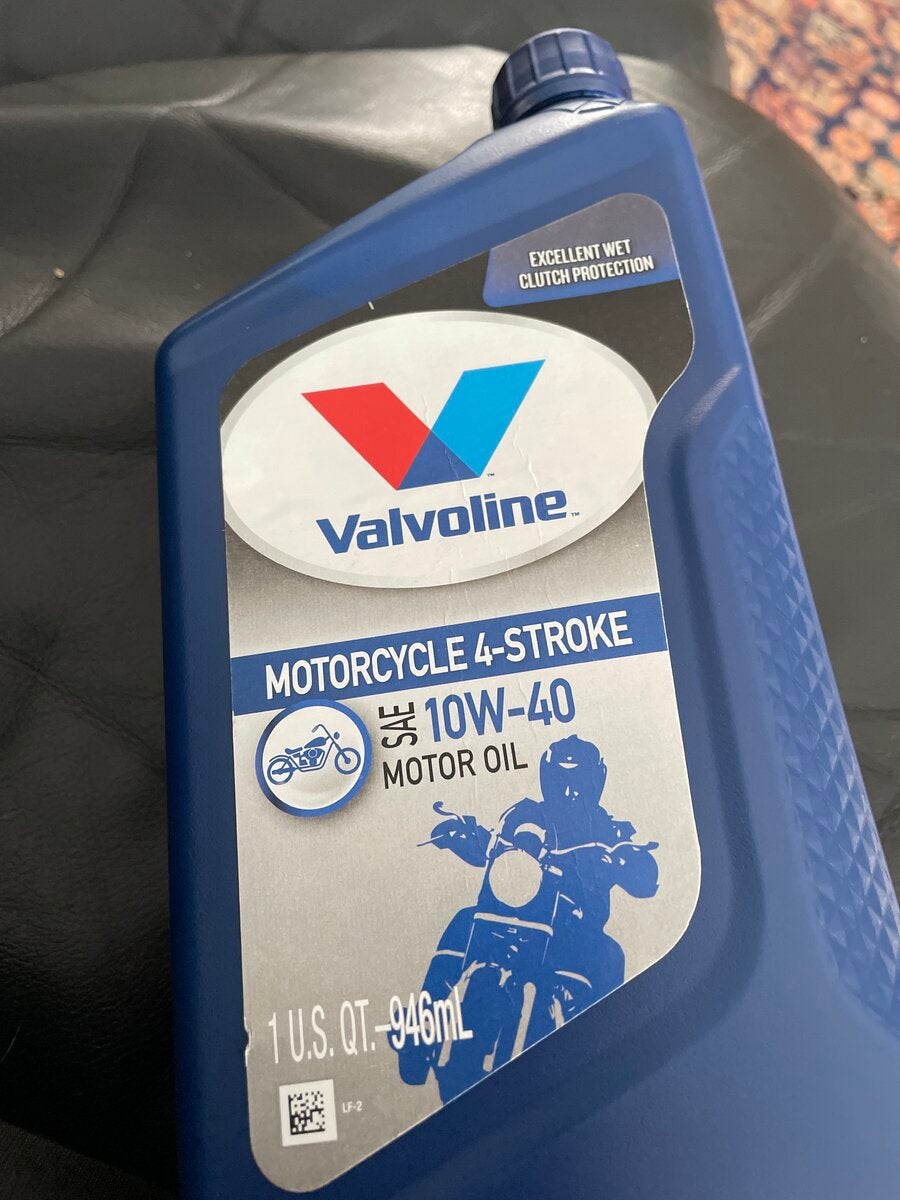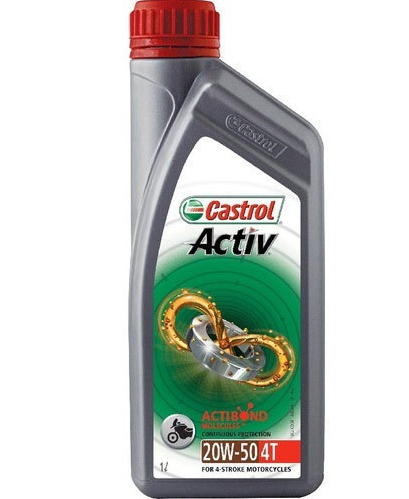Motorcycle engines are highly specialized machines that operate under unique conditions compared to regular car engines. As such, it is crucial to use the right type of oil for your motorcycle to ensure optimal engine performance, longevity, and reliability. With so many types and brands of motor oil available on the market, choosing the right one for your motorcycle can be intimidating, especially for beginners.
This article will guide you on the necessary factors to consider when choosing the best oil for your motorcycle and some of the best oil brands that you should consider.

Know Your Motorbike’s Requirements
First things first, check your bike’s manual. It will tell you the type of oil you need.
But why is oil important? It keeps the engine happy and healthy.
The Types of Motorcycle Oils
There is main three types of oils for motorcycles:
- Mineral Oil – It is perfect for new bikes during the break-in period.
- Semi-Synthetic Oil – Good for bikes that cruise in the city or have moderate use.
- Fully Synthetic Oil – Best for high-performance motorcycles.

Credit: blog.amsoil.com
Understanding Oil Viscosity
Oil viscosity refers to how easily oil pours at a certain temperature. Thin oils have a low viscosity and pour more easily at low temperatures than thicker oils that have a high viscosity.
Viscosity is shown by two numbers. For example, 10W-40.
The first number ending with ‘W’ tells us about the flow at 0°F. The second number tells us how it flows at 212°F.
Factors Influencing Oil Choice
What should you consider before choosing an oil?
- Bike Type – High-performance bikes need synthetic oil.
- Riding Habits – Slow city rides? Mineral or semi-synthetic oil will do.
- Weather – Hot or cold? Oil viscosity should match the climate.
- Bike’s Age – Older bikes might need thicker oils to run smoothly.
Changing Motorcycle Oil
You also need to know when to change your bike’s oil.
Most bikes need an oil change every 3,000 to 5,000 miles. But your bike’s manual will give the best advice.

Credit: www.thumpertalk.com
Table of Oil Types and Their Uses
| Type of Oil | Use Case | Viscosity Example |
|---|---|---|
| Mineral Oil | New Motorcycles | 10W-30 |
| Semi-Synthetic Oil | Moderate Use, City Rides | 10W-40 |
| Fully Synthetic Oil | High-Performance Bikes | 5W-40 |
Tips for Picking the Best Motorcycle Oil
- Read Your Motorcycle’s Manual – Always the best place to start.
- Consider How You Ride – Gentle or Hard? This impacts the oil you choose.
- Don’t Forget the Weather – Choose an oil that suits the temperatures you ride in.
- Age of Your Bike – Newer bikes may have different needs from older ones.
- Stick to Quality Brands – They provide oils tailored for specific motorcycle needs.
Factors to Consider When Choosing Motorcycle Oil
One of the critical considerations when choosing motorcycle oil is its viscosity rating. Motorcycle engines require oil with adequate viscosity to work well under different conditions, such as differing coolant or engine temperatures. In simple terms, oil viscosity refers to how thick or thin the oil is at specific temperatures. The Oil viscosity ratings vary according to the Society of Automotive Engineers (SAE) standards. The most commonly used ratings for motorcycle engines are SAE 20W-50 or SAE 10W-40.
Next, you need to choose between two types of engine oil, namely conventional mineral oil and synthetic oil. Mineral oil is refined from crude oil and typically has additives to improve its performance. Synthetic oil, on the other hand, is artificially made and designed to meet specific engine requirements.
While mineral oil is generally cheaper than synthetic oil, synthetic oil has a longer service interval, performs better under extreme temperatures, and has better lubrication capabilities. Therefore, if you use your bike in extreme conditions or high-performance riding, you’re better off choosing synthetic oil.
Your choice of motorcycle oil can also depend on your motorcycle type, such as whether it is a sportbike, touring bike, cruiser, or dirt bike. For instance, racing bikes require oil with higher heat resistance and superior friction protection to cater to their demanding performance needs. Conventional motorcycles and vintage bikes may perform well using conventional mineral oil.
As a rule of thumb, always go for high-quality brands that have a good reputation in the market. While upcoming and less-known engine oil brands may be cheaper, you’re better off sticking to established brands that invest in research and development. Some of the best oil brands for motorcycles include Mobil 1 Racing 4T, Royal Purple Max Cycle, Motul 7100 Synthetic Oil, and Castrol Power 1 4T.
Conclusion
Choosing the right oil for your motorcycle is vital in ensuring maximum engine performance and longevity. Remember to consider factors such as viscosity grade, oil type, your motorcycle type, and brand reputation when choosing the oil brand to use. While these factors play a significant role in determining the right oil for your motorcycle, always refer to your motorcycle owner’s manual for specific recommendations.


